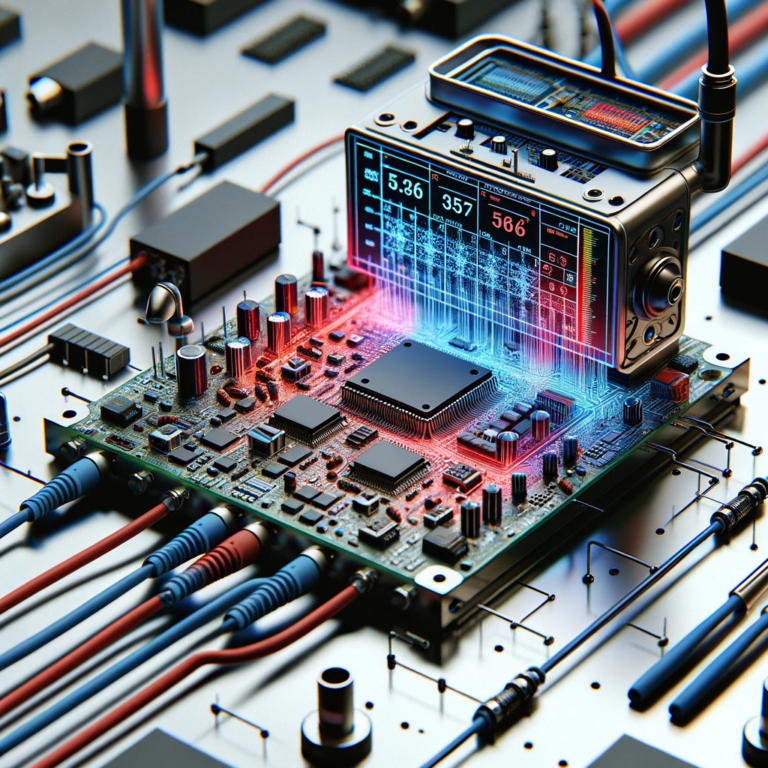Unlocking Efficiency and Reliability: The Power of PCB Thermal Analysis Services

Understanding PCB Thermal Analysis
Critical Importance: Thermal management in electronics crucial for PCB efficiency and reliability.
Invaluable Insights: Thermal analysis services assess PCB thermal behavior.
Optimization Benefits: Enables design optimization, overheating prevention, and device lifespan extension.
The Need for PCB Thermal Analysis: Addressing Heat Challenges
Miniaturization Heat Issues: Smaller, powerful devices generate more heat, impacting performance and lifespan.
Hotspot Identification: Thermal analysis pinpoints potential hotspots and temperature distribution.
Proactive Solutions: Early analysis aids in addressing heat issues, component placement, and cooling strategies.
Performance & Reliability: Ensures optimal device performance and minimizes thermal failure risks.
Evaluating Thermal Design Parameters: Key Factor Analysis
Comprehensive Evaluation: Analysis covers thermal conductivity, heat dissipation, and junction temperatures.
Simulating Conditions: Assesses temperature impacts under various operating scenarios.
Design Phase Considerations: Influences material choice, trace widths, and heat sink implementation.
System Reliability: Aims for reduced thermal resistance and improved thermal performance.
Optimizing Cooling Solutions: Ensuring Effective Heat Dissipation
Critical Cooling Mechanisms: Essential to prevent PCB overheating.
Solution Effectiveness: Analysis evaluates heat sinks, fans, and thermal vias.
Simulation of Airflow: Helps determine suitable cooling strategies for specific designs.
Lifespan Extension: Reduces hotspots and enhances component longevity.
Mitigating Thermal Challenges in Advanced PCBs: Handling Complexity
Advanced PCB Challenges: HDI boards and multilayer designs present unique thermal issues.
Heat Dissipation in Complex Structures: Analysis assists in optimizing thermal vias and copper planes.
Reliability & Performance: Focuses on signal integrity and maximizing intricate design performance.
The Role of Simulation and Modeling: Advanced Analysis Techniques
Revolutionary Tools: CFD and FEA for accurate thermal predictions.
Strategic Fine-Tuning: Enhances thermal management strategies for better product reliability.
Efficient Design Process: Reduces iterations and accelerates market readiness.
Conclusion: The Impact of PCB Thermal Analysis Services
Empowering Engineers: Facilitates optimal thermal management in electronic devices.
Ensuring Device Integrity: Focuses on efficient heat dissipation and reliability.
Safe Operation: Maintains safe temperature ranges to prevent thermal failures.
Driving Innovation: Advanced simulation and modeling bolster industry innovation and success.
